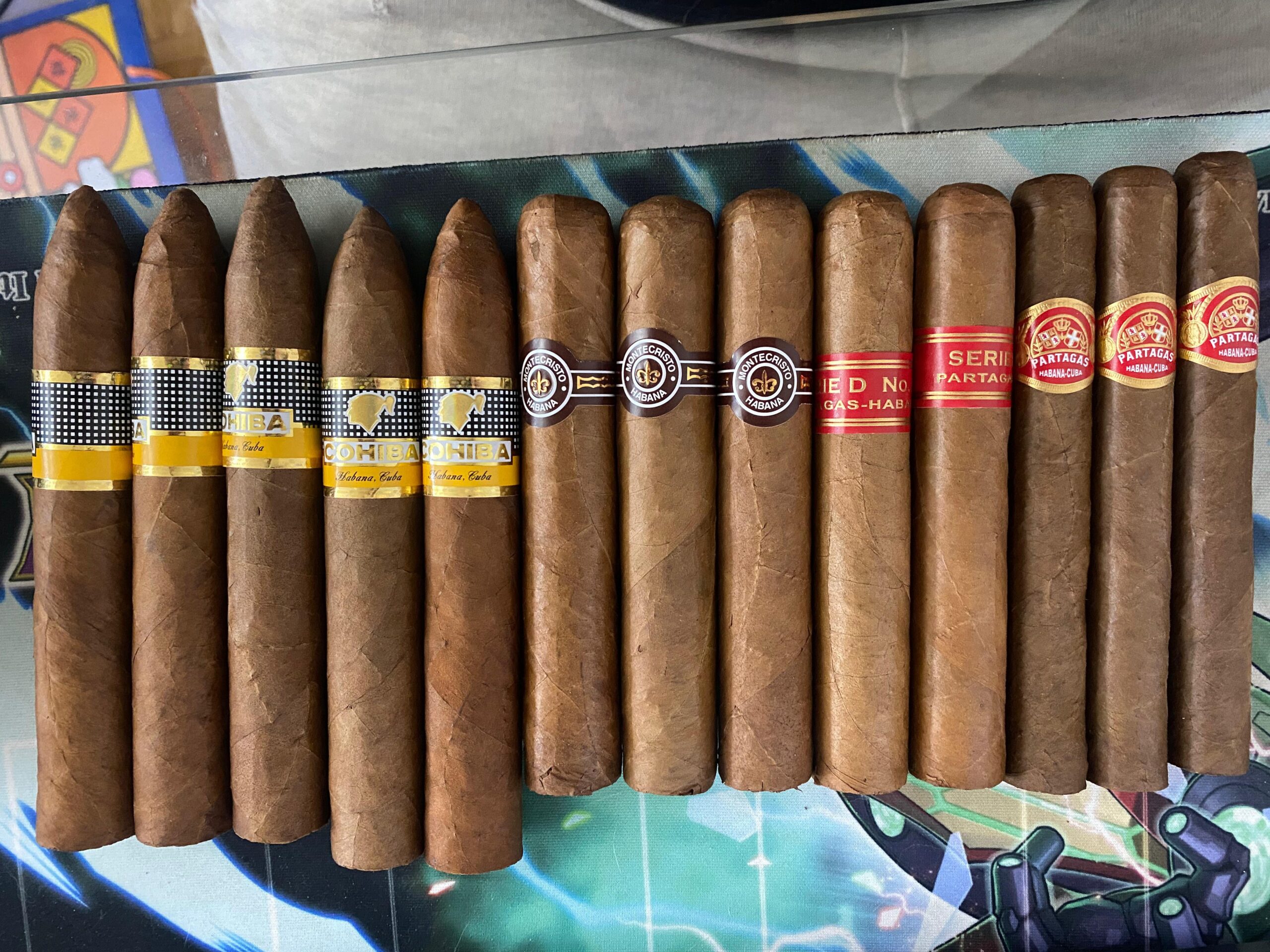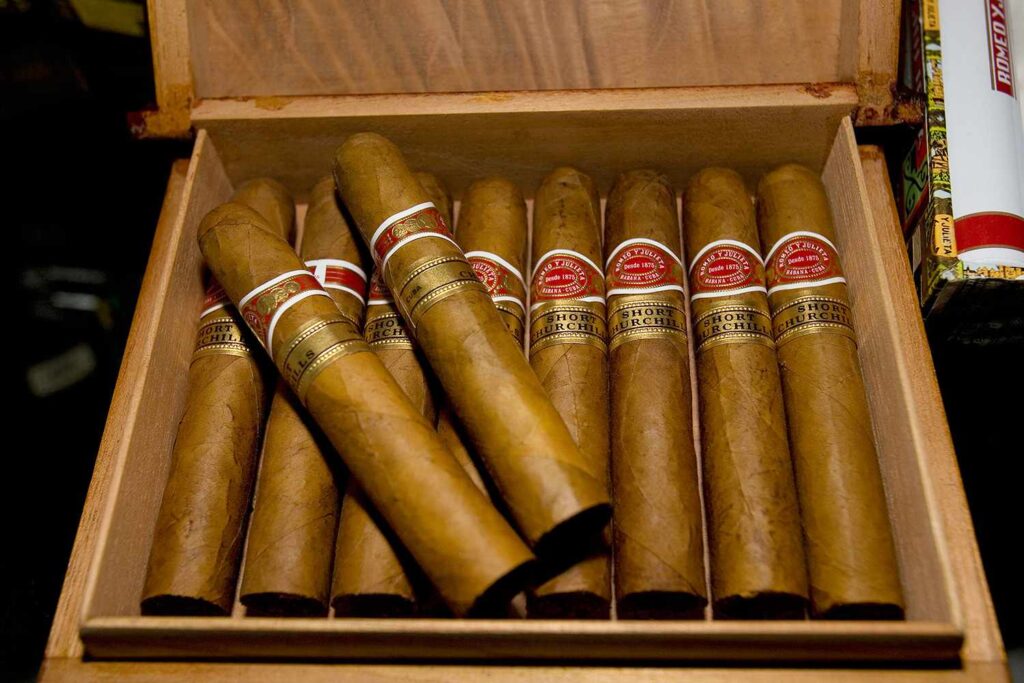Blog
Are Cuban Cigars Illegal? A Global Perspective
Cuban cigars have long been associated with luxury, craftsmanship, and a rich heritage that makes them one of the most sought-after cigars in the world. But while aficionados everywhere rave about their quality, there’s often confusion surrounding their legality. Are Cuban cigars illegal? The answer depends largely on where you are.
The U.S. Embargo on Cuba
One of the main reasons people ask this question is due to the United States’ complicated relationship with Cuba. Since the early 1960s, Cuban cigars have been banned in the U.S. as part of the broader trade embargo against Cuba. This embargo was implemented in response to the Cuban Revolution and the rise of Fidel Castro, aiming to weaken the Cuban government by restricting trade and economic ties.
For decades, this embargo meant that Cuban cigars were not only unavailable in U.S. stores but that bringing them into the country was also prohibited. However, during the Obama administration in 2016, there was a brief period of relaxed restrictions. U.S. travelers could bring Cuban cigars back from abroad for personal use, sparking excitement among cigar enthusiasts. Unfortunately, this didn’t last long. In 2020, the Trump administration reinstated the ban, making it illegal again to import Cuban cigars into the U.S., even for personal consumption.
As of now, the U.S. continues to enforce these strict regulations, making Cuban cigars largely inaccessible within the country unless obtained through illegal means.

Outside the U.S.: A Different Story
While Cuban cigars are illegal in the U.S. due to the trade embargo, the situation is quite different elsewhere. In most countries around the world, Cuban cigars are completely legal, and they enjoy a stellar reputation as the gold standard in the cigar industry.
Countries in Europe, Asia, and Latin America, for example, have no restrictions on Cuban cigars. In fact, Cuban cigars are often prominently featured in cigar shops and lounges, particularly in countries like the UK, Spain, and France, where they are seen as a symbol of luxury and craftsmanship. Countries such as Canada and Mexico also allow the purchase of Cuban cigars, and they are a popular item for tourists visiting these nations.
In these regions, Cuban cigars are not only legal but are highly prized, making them a staple of high-end cigar collections. So, if you’re outside of the U.S., there’s a good chance you can enjoy Cuban cigars without any legal concerns.
Why Cuban Cigars Are So Highly Regarded
What makes Cuban cigars so special? The answer lies in Cuba’s unique climate and centuries of experience in tobacco cultivation and cigar production. The Vuelta Abajo region in Cuba is renowned for its fertile soil and ideal conditions for growing tobacco, producing leaves that have a distinctive flavor profile. The craftsmanship involved in rolling Cuban cigars is another critical factor, with many Cuban cigarmakers employing traditional techniques that have been passed down through generations.
For cigar aficionados, the allure of Cuban cigars goes beyond their rich, earthy taste and perfect construction—there’s a sense of history and culture embedded in every puff.

Alternatives to Cuban Cigars
For those in countries where Cuban cigars are illegal, like the U.S., there are high-quality alternatives that can offer a similar experience. Cigars from Nicaragua, the Dominican Republic, and Honduras are often praised for their exceptional quality, with many brands offering cigars that rival their Cuban counterparts. These countries have developed their own tobacco-growing regions and have perfected the art of cigar making, producing cigars that are robust in flavor and complexity.
Conclusion: Are Cuban Cigars Illegal?
The answer to whether Cuban cigars are illegal is not as straightforward as it seems. While they are illegal in the United States due to the long-standing trade embargo, Cuban cigars are legal in most other parts of the world. Their global reputation for quality and craftsmanship has made them a favorite among cigar lovers everywhere, except in places where political restrictions stand in the way.
If you’re outside the U.S., feel free to indulge in the world of Cuban cigars. But if you’re in the U.S., you’ll need to explore alternative brands—or hope for future changes in the embargo.
In the meantime, the mystique of Cuban cigars continues to endure, with aficionados from around the world still regarding them as some of the finest cigars ever made.

